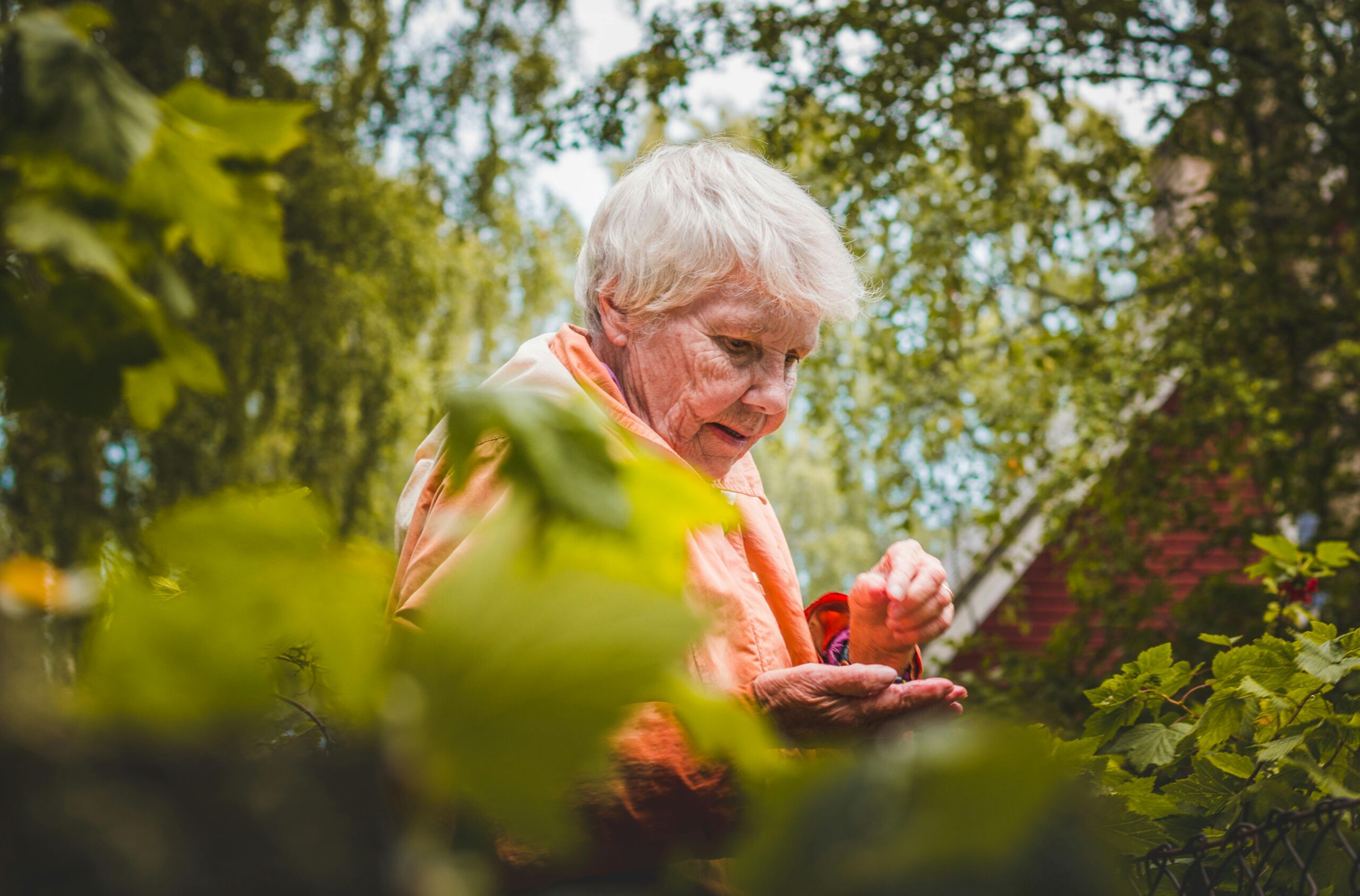Each season of the year brings its own set of celebrations and traditional foods harvested during that time. In addition to nourishing our bodies, implementing seasonal produce into our diet and cooking routine offers other benefits and contributes to healthy aging.
While we are fortunate to have access to most fruits and vegetables year-round, utilizing fresh, in-season produce has its own set of benefits. As a senior living provider in Tennessee and West Virginia, The Pavilion Senior Living focuses on providing residents with services and amenities that promote healthy aging. This includes our dining services. Whenever possible, we strive to use fresh, locally sourced produce to add nutritional value and taste to the meals we create.
With the summer months upon us, it may be worthwhile for you to be more conscious about spicing up your summer by cooking with seasonal summer produce.
Benefits of Using Seasonal Produce
In our current society, we tend to focus on convenience. Often, we look not for what meal will provide the most nutrients and energy but what is the quickest to make or the easiest to eat on the go. Implementing seasonal produce into your cooking can help you to break these habits.
Fruits and vegetables begin to lose their nutritional value as soon as they are harvested, so using seasonal produce contributes to healthy aging as well as simply tasting better.
“Seasonal fruits and vegetables produced on local farms are often fresher, as they do not require long distances for transport. Also, unlike out-of-season produce, which is harvested early in order to be shipped and distributed to your local retail store, crops picked at their peak of ripeness are also better tasting and full of flavor (seasonalfoodguide.org).”
Other benefits of cooking with seasonal produce include:
- Shopping locally and supporting local farmers
- Reducing your carbon footprint
- Reducing your contact with pesticides and unnecessary preservatives
Tomatoes
In season from May through October each year, tomatoes are an excellent source of antioxidants, including vitamin C and K, and also provide potassium, folate, vitamin B6, and thiamin. With only approximately 25 calories and no fat per medium-sized tomato, this fruit makes the perfect addition to your summer shopping list.
Try tossing freshly diced tomatoes to a summer salad or add slices to your next grilled cheese sandwich.
Corn
The peak season for corn is from May through September, and you can find this vegetable in a rainbow of colors. From yellows, whites, browns, and even purples, corn is technically considered a starchy vegetable and is a good source of thiamin, vitamin B, fiber, protein, vitamin C, and potassium.
Grill up a few ears of corn and eat it straight off the cobb or cut the kernels off the cobb and add it to this fresh corn and tomato salad.
Melons
When you think of summer eating, what is one thing that comes to mind? Probably a delicious watermelon at a summer BBQ! Melons are a staple of summer. While they are available in grocery stores all year round, peak melon season is from May through September, and there is more than just one type of melon. The three most popular include watermelon, cantaloupe, and honeydew.
Watermelon
Composed of 92% water, this type of melon is sweet and can help keep you hydrated during the summer heat.
Cantaloupe
An excellent source of vitamins A and C, cantaloupe can help maintain healthy eyesight and boost your immune system.
Honeydew
Rich in folate, vitamin K, and magnesium, this melon can help promote strong bones.
Cucumbers
In season from May through August, cucumbers can add many opportunities for you to spice up your summer cooking. Containing 96% water and about 40 calories per cucumber, these gourds are a great source of vitamin C, magnesium, and potassium.
Try dipping cucumber slices in hummus, add it into homemade salsa, or simply toss diced cucumbers in a salad.
At The Pavilion Senior Living, we provide nutritional, delicious meals that implement seasonal produce whenever possible. We encourage individuals to support their local farmers and take advantage of the fresh produce found at the local markets.
To learn more about the dining options throughout our senior living communities in Tennessee and West Virginia, we encourage you to contact a member of our team!




